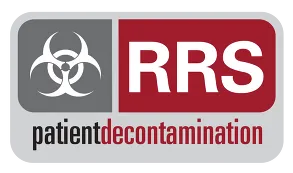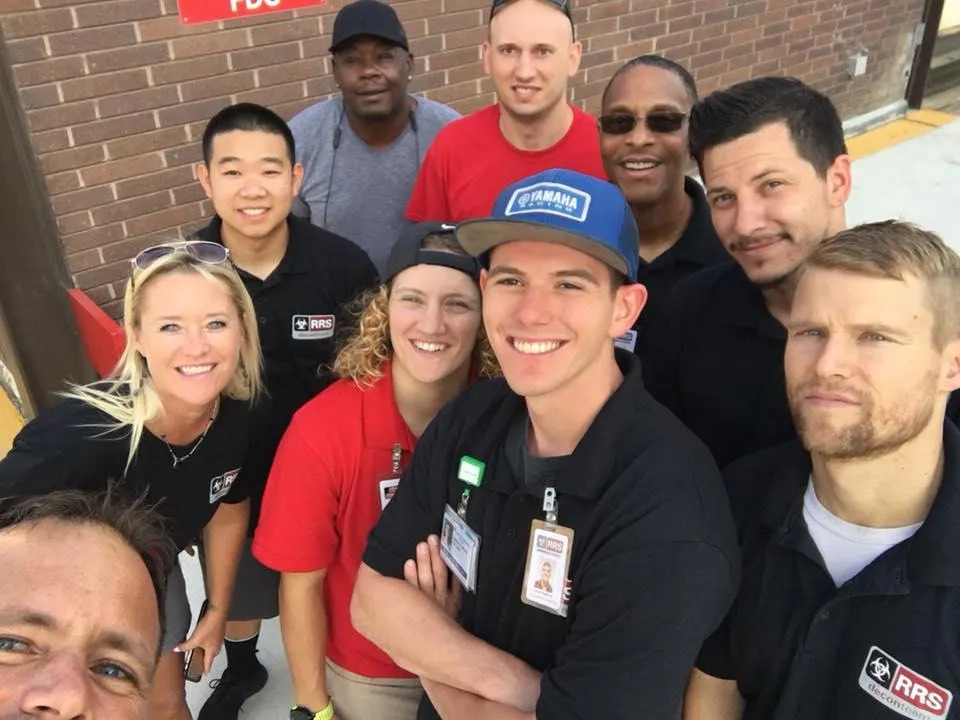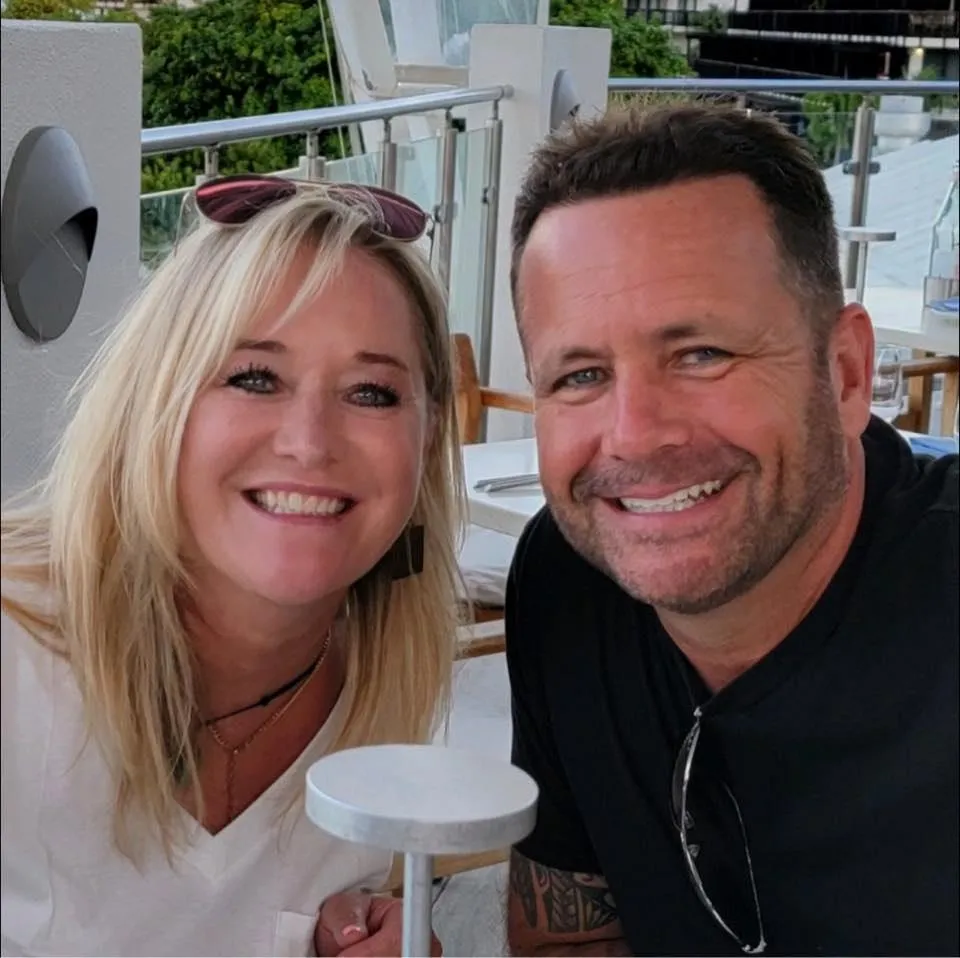
How Top Hospitals Boost Emergency Response Readiness (And How You Can Too)
I was chatting with an emergency manager last week who’d just dodged a decon disaster. “One call,” he said, “and we went from panic to handled in under an hour.” Meanwhile, I’ve seen others where the whole ED turned into a hazmat mess because no one was ready.
A Harvard T.H. Chan study backs that up—tons of hospitals aren’t prepped for the real thing. So how do the best ones pull it off? Let’s unpack what top hospitals are doing to slash response times and keep chaos in check—because when contamination hits, every minute counts.
Why Emergency Response Readiness Matters
Picture this: a chemical spill rolls into your ED. Staff are scrambling, gear’s missing, and patients are piling up. That’s the nightmare a Western Journal of Medicine report flagged—hospitals with shaky readiness see contamination spread fast, racking up risks and costs. Top hospitals don’t let that happen. They’ve got a playbook that works, and it’s not about hoping for the best—it’s about being ready before the siren even starts.
How Top Hospitals Nail It
Here’s what the leaders are doing—and where outsourcing fits in like a trusty co-pilot:
1. Pros on Deck, Not Panic on Hold
In-house teams can be great—until they’re off-shift or burned out. I heard about a hospital where a decon call came at 2 a.m., and it was crickets. Top players? They’ve got 24/7 experts waiting, no gaps.
RRS brings that—trained pros who jump in fast, so you’re not left scrambling when the clock’s ticking.
2. Gear Ready, Not Gathering Dust
Ever tried using a decon shower that’s been sitting for months? Good luck. The best hospitals keep equipment checked and prepped—think showers, PPE, containment units, all good to go.
Outsourcing with RRS means we handle that upkeep, so when you need it, it’s there, no fumbling.
3. Drills That Actually Work
Training’s only useful if it sticks. A study showed 30% of hospitals flunk decon drills because staff forget the steps. Top dogs run regular, real-deal practice with pros who know the ropes. RRS’s 8-hour sessions keep your team sharp—or we’ll run the show for you, no extra lift on your end.
4. Response Time Slashed
Speed’s everything in a crisis. The American Journal of Emergency Medicine says delays double the damage—patient harm, staff exposure, you name it. Leading hospitals clock response times under an hour by leaning on pre-positioned teams. With RRS, we’re on site fast, cutting chaos before it grows.
What RRS Brings to Your Table
We’re not here to take over your plane—you’re flying, we’re navigating the storms. Partner with RRS, and you get:
24/7 On-Call Crew: Ready whenever, wherever—faster than you can say “hazmat.”
Gear That’s Good to Go: Maintained, tested, and in place—no surprises.
Training That Sticks: 8-hour courses or full management—your team’s covered.
Speed You Can Trust: Pros who shrink response times and risks, every time.
I’ve seen a hospital go from “we’re toast” to “we’ve got this” with that combo—real story, real relief.
Ready to Step Up Your Game?
You don’t need to overhaul everything—just tweak the right pieces. Top hospitals prove it: readiness isn’t luck, it’s a plan. If your decon team’s stretched or your gear’s a question mark, outsourcing could be the co-pilot you need—keeping you steady without the heavy lifting.
Let’s figure out what works for you. Grab a free consult, and we’ll map a readiness plan that fits your hospital like a glove. No pressure—just a way to make those emergencies less “oh no” and more “handled.”
📞 Schedule a Free Compliance Consultation
Article Sources
Here’s the backup for the curious:
Hospital Decontamination Self-Assessment Tool – Harvard T.H. Chan School of Public Health
Western Journal of Medicine: Hospital Preparedness
American Journal of Emergency Medicine: Secondary Contamination



